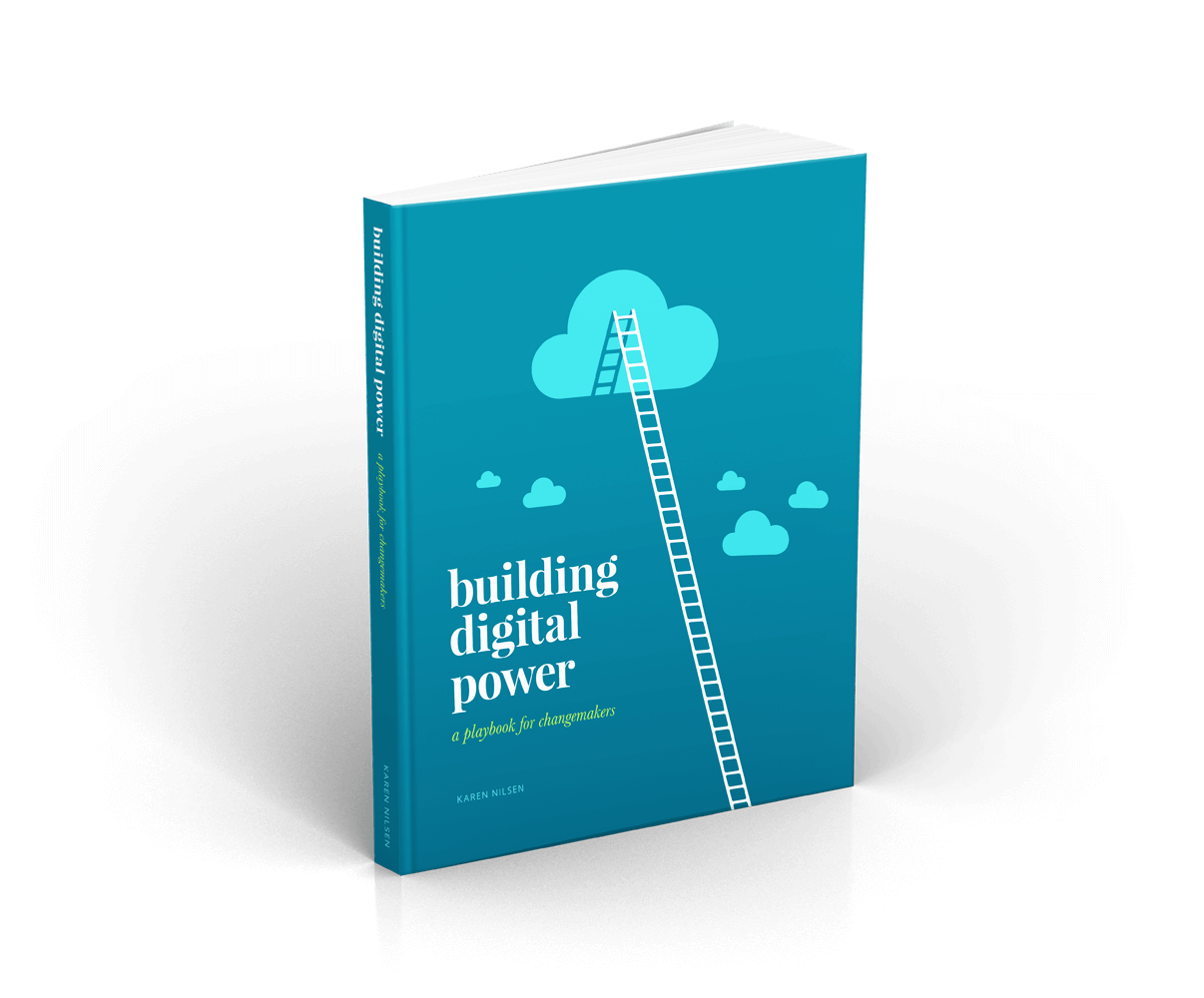Get a free digital strategy tip of the week:
Unsubscribe any time. We respect your data. View the privacy policy.
Take your time. In the pursuit of saying more with less, I’ll admit—not every big idea can be reduced to a snappy soundbite.
What’s the magic number of emails you need to send to maximize supporter engagement and minimize fatigue?The answer is “five”. Kidding. It would
What if you could say the right thing, to the right person, at the right time (while you sleep)? The future of communications
The education system taught many of us that long words and complex sentence structures are signs of sophistication. Un-learn this as fast
Great action pages will attract people via social media, search, traditional media, and even word of mouth. This means they’re ideal for list-building.
It can feel intuitive to place your action form elements at the end of your page—after your theory of change. However, your supporter
Have you ever visited a website only to notice that ads for that site seem to ‘follow’ you around the Internet? You’ve been
Does this sound familiar? Back up your position with facts; the more reasons you can offer, the more persuasive your argument. Right?
Cognitive biases are powerful mental distortions that affect the way we think and behave. They are so powerful that they can lead
Okay, back up—what’s a ‘value proposition’? Think of your value proposition as the reason your reader should care about investing
You sent 100,000 emails to the wrong list... You directed people to last year’s action... You addressed everyone as “Jane”... It happens.
Inboxes aren’t often exciting places. Neither are the majority of web pages, if we’re honest. This can work to your advantage. Your
Here’s how the internal dialog usually goes: “We’re torn. We see other organizations sending from individual people but how do we know if
A well-placed stat will add weight to your writing—particularly when it’s referenced with a credible source. When working with numbers, all care must
If your action email has one job—to get your supporter to click through to a destination—then what’s the quickest way to get
Don’t Let These ‘Cognitive Biases’ Hurt Your Conversion Rates
Cognitive biases are powerful mental distortions that affect the way we think and behave. They are so powerful that they can lead people to act against their own best interests. If you understand them, you can wield them for the forces of good. If not, you and your audience will likely fall victim to them.
Some cognitive biases that are well-known to seasoned advocates include:
Urgency bias
People respond to urgent things more readily than important things. That’s why we hear about scandals (not climate change) on the nightly news.
Conformity bias
People will do something for no other reason than because other people are doing it. This can be especially challenging for changemakers to appreciate, since by definition, we sit among the early adopters of social change. However, as this incredible social experiment reveals, conformity bias is a powerful driver of human behavior. This explains the success behind social norms advocacy.
How to build your own digital power, in 200 pages.
Free eBookDefault bias
We’re more likely to preference an option if it is set by default.
Curse of knowledge bias
We tend to overestimate our audience’s background knowledge on a topic if we know a lot about it ourselves. The more we know, the more likely we are to wrongly assume how much others know.
Psychic numbing
People have a surprising tendency to care less about an issue when it affects more people (or animals). As social beings, we’re wired to care about individuals. When numbers can no longer adequately capture the gravity of a problem, empathy takes a hit. This is why communities continually rally behind individual slaughterhouse ‘escapees’, while being unmoved by the operation of slaughterhouses themselves. It also explains why crowdfunding appeals to support individuals often attract more funds than those targeting wide-scale problems affecting millions of ‘faceless’ victims. Overcome psychic numbing by describing ‘big’ problems through the lens of an individual experience.
There are dozens of others, too—each silently manipulating ours and our audience’s thoughts and behaviors. Harness those that can work for you, and circumvent those that don’t.
Was this tip useful?


Like this tip? Share it!






